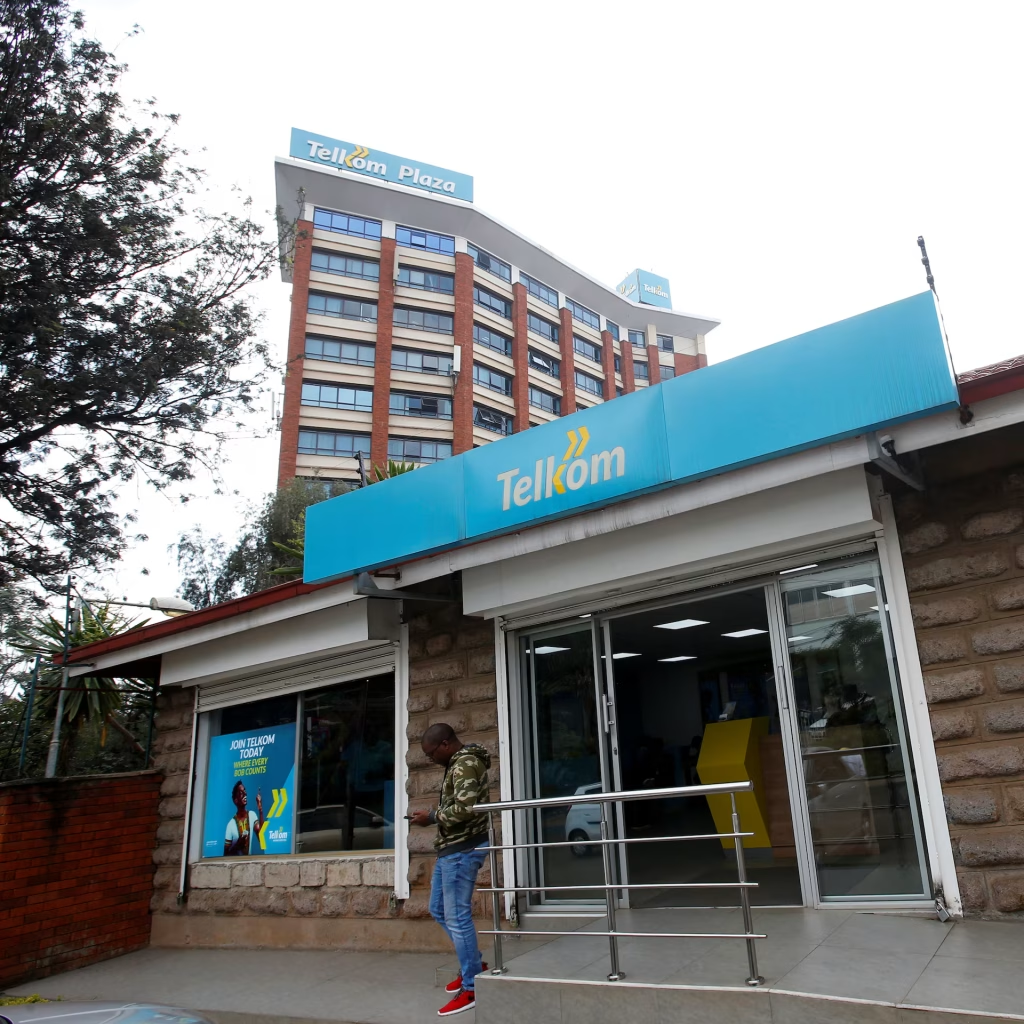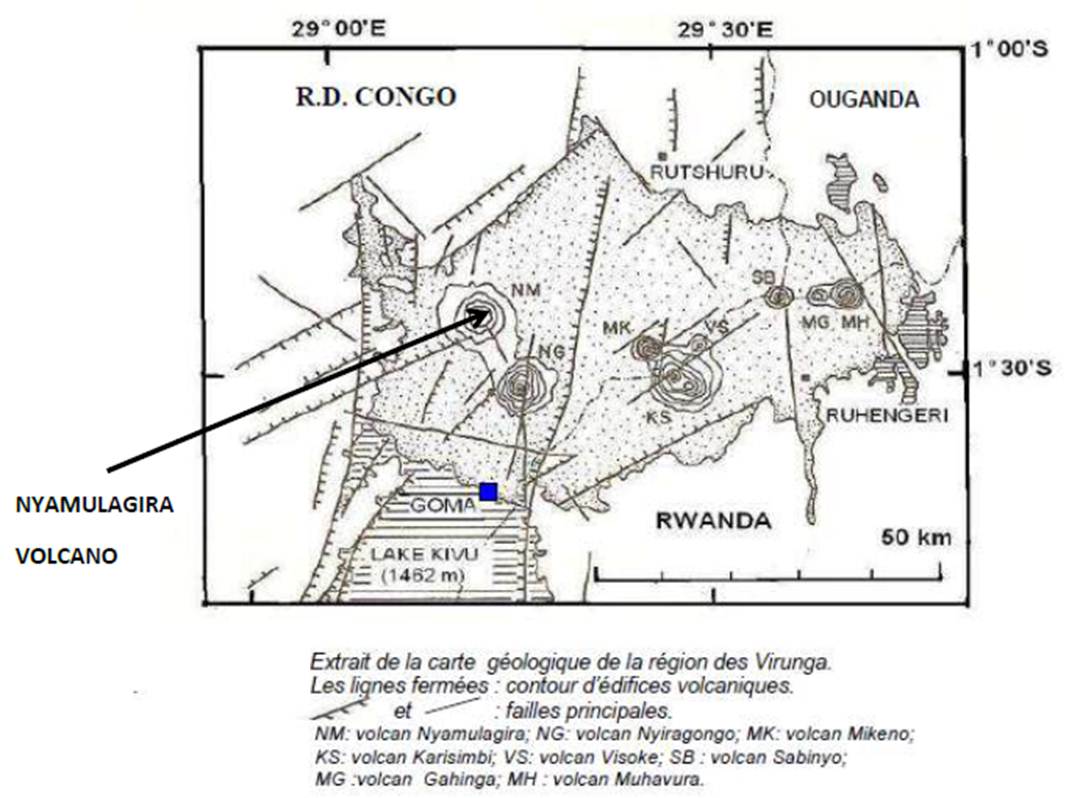Ruto Races to Rescue Telkom Kenya: Will the Albatross Soar Again?
Updated July 2025

1. A Burden on the National Treasury
Telkom Kenya, once a state-owned telecom operator, is in a dire financial situation. The company is losing subscribers and struggling under a heavy debt burden, with limited chances of a natural rebound—hence its characterization as a public-sector “albatross” :contentReference[oaicite:2]{index=2}. Despite the entry of a new investor two years ago, the operator continues to bleed market share and remains financially fragile.
2. Ruto’s Political Calculus: Why the Rescue?
President William Ruto has intervened, urging Treasury Minister John Mbadi to collaborate with Communications and ICT stakeholders to stabilise Telkom Kenya :contentReference[oaicite:3]{index=3}. Letting Telkom fail would not just cause social and economic consequences—it could also damage the government’s reputation for stewardship, raise voter anxiety, and threaten critical national infrastructure.
3. The Investor Puzzle: Still No Clear Exit
Two years ago, the government backed the entry of Infrastructure Corporation of Africa (ICA), a UAE-based investor, acquiring 60% from Helios after scrapping a previous nationalisation attempt :contentReference[oaicite:4]{index=4}. ICA pledged capital injections to strengthen Telkom’s infrastructure, reduce liabilities, and bolster competitiveness. Yet ICA’s investment has yet to trigger a major turnaround or boost subscriber numbers, raising questions about long-term viability and whether another investor is needed.
4. Market Dynamics: Subscriber Exodus & Industry Pressure
Telkom remains Kenya’s smallest telecom operator, trailing behind giants Safaricom and Airtel. It continues shedding voice and data subscribers. While ICA’s planned upgrades were aimed at reversing the trend, market dominance by incumbents and limited marketing appeal have stalled progress. The result: Telkom’s relevance in Kenya’s telecom ecosystem is rapidly dwindling.
5. Financial Health Check: Debt, State Shares & EACC Oversight
Telkom Kenya’s debt issues go beyond its subscriber woes. The Ethics and Anti-Corruption Commission (EACC) previously cleared Treasury of wrongdoing in recapitalizing Telkom, closing a KSh 2.4 billion probe :contentReference[oaicite:5]{index=5}. However, concerns linger over state-held shares (40%) and governance practices. Any rescue must address both fiscal sustainability and regulatory compliance.
6. What the Rescue Plan Must Include
- Immediate recapitalisation: Inject fresh funds to sustain operations and reduce debt.
- Market revitalisation: Launch aggressive subscriber growth campaigns and competitive data offers.
- Infrastructure modernisation: Upgrade broadband network and enhance 4G/5G coverage.
- Governance reforms: Strengthen board oversight, financial transparency, and accountability mechanisms.
- Strategic partnerships: Explore alliances with global tech firms or regional carriers for scale and reach.
If executed properly, Telkom could transition from a burden to a strategic telecom asset that supports public communications networks and reduces dependency on big players.

7. Risks: Political Fallout and Infrastructure Breakdown
Political backlash: Failure could intensify criticism of Ruto’s economic management—especially amid rising public debt and IMF scrutiny over governance reforms :contentReference[oaicite:6]{index=6}.
Infrastructure gaps: Telkom supports critical networks—tower infrastructure, fibre lines, and data centers. A sudden collapse could disrupt communications, emergency services, and rural connectivity.
8. How Investors Are Watching
Financial markets and corporate stakeholders are observing closely. A stable Telkom could catalyze telecom sector competitiveness and attract foreign investment. Conversely, its collapse could trigger capital flight and reduce investor confidence in Kenya’s public–private partnership model.
Conclusion: Turning the Albatross into an Asset
President Ruto’s intervention acknowledges Telkom Kenya’s critical position in both public policy and infrastructure. The task for Treasury Minister Mbadi is to blueprint a rescue that addresses governance, capital needs, market relevance, and long-term sustainability. With timely execution, Telkom could be revived—not as an albatross—but as a resilient asset in Kenya’s connectivity landscape.
Next steps: Monitor weekly updates from the Ministry of ICT, public Treasury press releases, and sector reports. Explore deeper analysis in our Telecom Reforms Tracker.
Related Coverage
- ICA’s 2023 Investment in Telkom Explained
- Helios Exit & Nationalisation Rewind
- Telecom Sector Debt and Governance in Kenya
© 2025 YourKenyaBusiness. All rights reserved.
this post by Africa Intelligence
for more news visit our website




